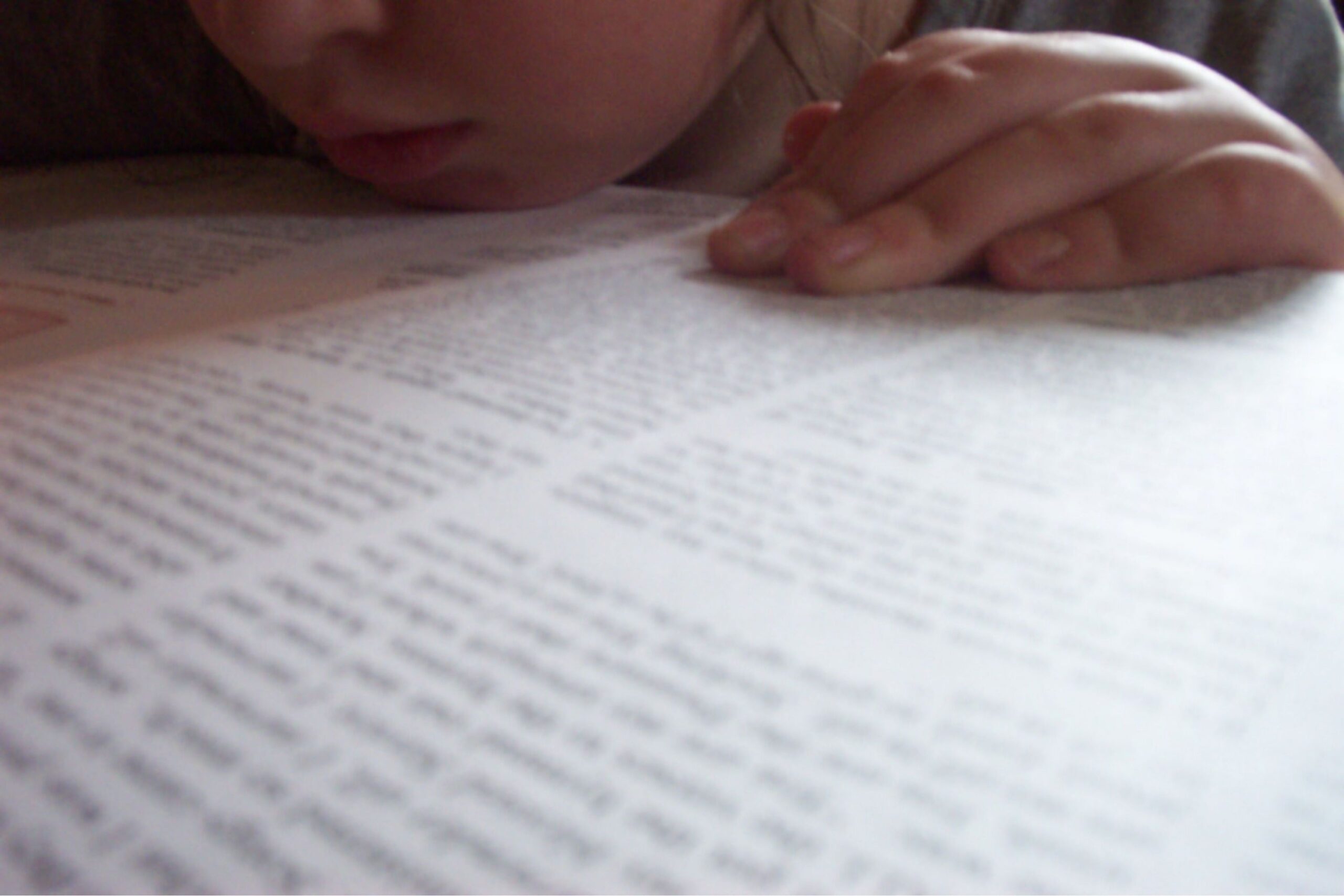
Thanks to Avoca D37, state group will push for legislation to combat early-literacy shortcomings
Avoca District 37 is behind the latest priority for the Illinois Association of School Boards.
The IASB Delegate Assembly was in unanimous agreement on Nov. 20 to back an Avoca D37-sponsored resolution meant to strengthen reading education across Illinois.
The state organization will now lobby state lawmakers to build legislation off of the resolution, which asks that prospective elementary-school teachers receive licensure in “scientifically proven methods of reading.”
Avoca D37 School Board Vice President Louise Dechovitz spearheaded the proposal and said the state’s reading problems are clear and fixable.
Avoca District 37 first submitted its resolution in 2020 but it was denied by the IASB assembly. Dechovitz said she was undeterred and the district worked with the IASB to trim the resolution’s text and prepare it for the following year.
“The cost of not tackling this problem is huge, because children who struggle to read have little opportunity in the 21st century,” she said. “It is critical to their lives, the state’s success and our democracy.”
Across Illinois, just 37 percent of third- through eighth-graders meet or exceed the state’s English/language arts expectations, according to 2019 data from the Illinois Report Card. Data from 2020 was not available.
According to a national metric, from the U.S. Department of Education, Illinois fourth-graders scored a 218 on a 500-point scale, a number just below the national average (219) and only slightly above the state’s mark in 2003 (216). Among eighth-graders, the state’s score advanced to 262, but that mark was also below the national average (265) and virtually unchanged over 16 years (2003, 261).
Dechovitz and other officials with Avoca D37, as well as in districts throughout the state, believe the problem stems from the under-utilization of a widely accepted teaching method for early literacy.
Avoca Superintendent Dr. Kaine Osburn said the “science of reading” is backed by a plethora of evidence and research, yet is still not properly taught in collegiate teaching programs.
The learning process has been backed by the U.S. Department of Education for reading development, and 21 states require teachers to achieve some level of certification in the science of reading.
Osburn said Avoca has sent each one of its elementary-school teachers to train in the methods; however, he pointed out that not every district has the financial resources to retrain their teachers and said training educators properly during their college programs is an equitable solution.
“This is not the fault of our teachers,” Osburn said. “Teachers are very good at maximizing the tools they are given to succeed. If they are not given the right tools, they cannot achieve everything that can be achieved.”
In short, the science of reading first teaches students to recognize letters and letter combinations by sight and sound. Then, students can “decode” words based on those combinations.
The opposing theory is “balanced literacy,” a whole-language approach that theorizes people learn to read by recognizing a word when they see it and understanding that the word is part of a larger idea, such as a sentence or paragraph.
Osburn said the whole-language approach may work for intermediate readers, but learning to read the English language is more difficult than balanced literacy suggest and beginners must first understand the components to read the words on a page.
Decades of research into early literacy agree with him, and he said that first step in reading is crucial to development as students move through school.
“If you get these foundational skills down, students become very fluent in reading, which means they become very confident in reading, which means over time — especially when they to high school and there’s an increased amount of reading they are asked to do — it’s easier for them to handle it,” he said. “If you are a person who struggles sounding words out … and I give you 200 pages to read a week, you’re going to feel very differently about that than somebody who reads in a snap.”
In Illinois, race and economic gaps also exist in reading proficiency. According to the national testing from the department of education, Black and Hispanic students score significantly lower than White students, as do students who qualify for the National School Lunch Program versus those who do not.
Dechovitz said it is a cycle that can be slowed by proven literacy education.
“The amount of time, energy and money that is needed to help (students who struggle to read) catch up is extraordinary,” she said. “We need to learn how to ID those children early. We have a situation where so many children struggle.”
With the resolution on the books, Avoca will play its part by reaching out to local legislators to seek support. Dechovitz said they hope Springfield can review the reading legislation in the spring 2022 session.
She predicts one obstacle to passing the measure may be the teacher shortage in Illinois. According to the Illinois State Board of Education, more than 4,000 basic-education jobs are unfilled across the state, more than double the total from 2017 (2,007).
But Dechovitz said a science-of-reading test would be a replacement not an addition to higher-education curriculum, and she believes teachers deserve to have the most effective skills.
“Teachers pay good money to get a degree and a license to teach,” she said. “When talking about elementary education, teachers want the knowledge and skills to do the best they can do for the children they are so dedicated to.”
The Record is a nonprofit, nonpartisan community newsroom that relies on reader support to fuel its independent local journalism.
Subscribe to The Record to fund responsible news coverage for your community.
Already a subscriber? You can make a tax-deductible donation at any time.

Joe Coughlin
Joe Coughlin is a co-founder and the editor in chief of The Record. He leads investigative reporting and reports on anything else needed. Joe has been recognized for his investigative reporting and sports reporting, feature writing and photojournalism. Follow Joe on Twitter @joec2319


